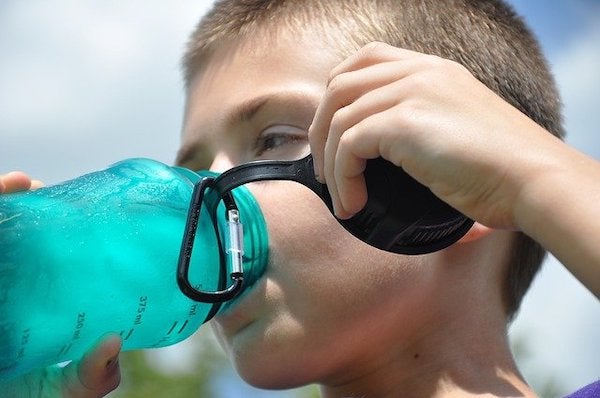MEMCARE-SRC
The Metals and Metal Mixtures, Cognitive Aging, Remediation and Exposure Sources (MEMCARE) Superfund Research Center aims to understand how metals and metal mixtures contribute to cognitive decline in older age and the biological mechanisms underlying these effects; and to develop new ways to detect and remove metal contaminants in drinking water sources.
677 Huntington Avenue
Boston, MA 02115
Welcome to the MEMCARE Superfund Research Center
Our center aims to understand how metals and metal mixtures contribute to cognitive decline in older age and the biological mechanisms underlying these effects, and to develop new ways to detect and remove metal contaminants in drinking water sources.
Cognitive decline and memory loss are growing public health concerns as populations in the U.S. and globally continue to age. Exposure to neurotoxic metal contaminants may accelerate cognitive aging, yet these metals remain in the environment and at many Superfund sites despite decades of regulation and remediation. Their ongoing presence poses a continued threat to public health, particularly cognitive health in later life.
Our overall goal is to understand and reduce the effects of metal and metal mixture exposures on cognitive health in older adults. Learn more.
Our Research Projects

Understanding exposures and outcomes
Project 1: Early life metal exposure and cognitive aging, uses innovative approaches to assess early-life exposures and late-life cognitive function in a unique population of older adults who donated

Understanding brain mechanisms
Project 2: Effects of metal exposures on brain extracellular vesicle (EV) microRNA, investigates basic biological mechanisms underlying the effects of early-life metal exposures on the brain using bot

Mapping contaminated drinking water
Project 3: Modeling spatial patterns of drinking water contamination in the US, examines the role of surface and groundwater treatment systems in spatial and temporal patterns of metals contamination

Reducing community exposures
Project 4: Designing highly selective sorbents for water remediation, is developing the next generation of nanostructured adsorbents to selectively remove metals from drinking water.
Our Cores
Community Engagement Core (CEC)
Partnering with urban and rural communities in Boston and Colorado to educate about and to mitigate the effects of toxic metals on human health.
Data Management and Analysis Core (DMAC)
Developing and implementing statistical and data management support for all aspects of the center.
Research Experience and Training Coordination Core (RETCC)
Fostering skills needed for productive careers in biomedical and engineering research for environmental health science.
Administrative and Research Translation Core (Admin/RTC)
Providing executive oversight of all Center activities – scientific, fiscal, logistical and research translation.
Our Team
Our Center is a multidisciplinary team of investigators, trainees and research staff from nine institutions, led by our Center Director, Deputy Director and Executive Committee, and guided by our External Advisory Board.
